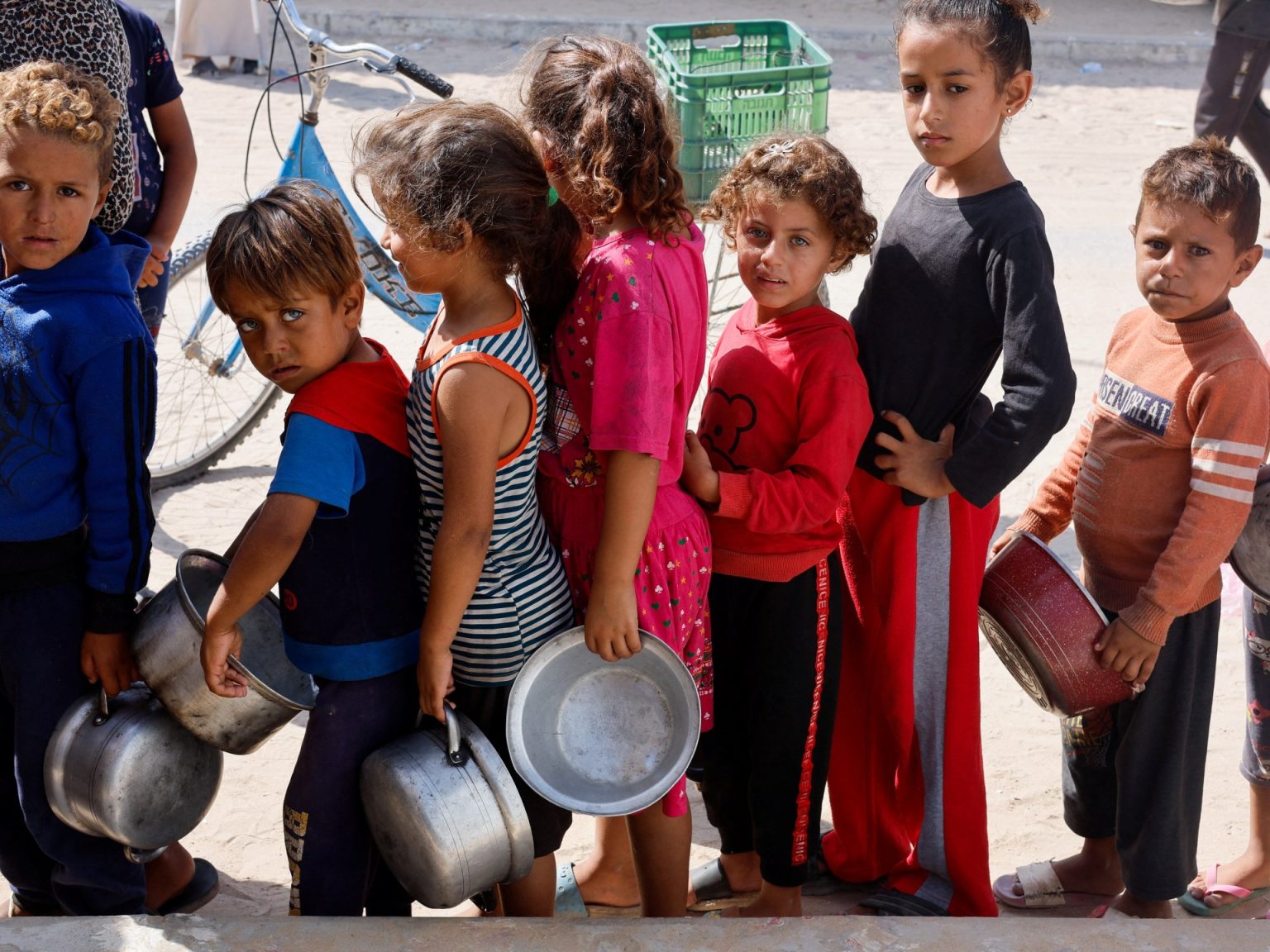The United Nations Development Programme (UNDP) released a report that highlights the prevalence of poverty in countries experiencing conflict. The Multidimensional Poverty Index revealed that more than one billion people worldwide live in acute poverty, with nearly half of them residing in conflict-affected nations. The report indicated that countries at war exhibit higher levels of deprivation in areas such as access to nutrition, electricity, and water and sanitation.
With research conducted across 112 countries and 6.3 billion people, the index showed that 1.1 billion individuals are living in poverty, with 455 million of them in conflict-ridden areas. The UNDP’s Achim Steiner emphasized that the escalation of conflicts in recent years has resulted in unprecedented casualties, displacement, and disruption of lives and livelihoods. Child poverty was also a significant concern, with 27.9 percent of children worldwide experiencing extreme poverty compared to 13.5 percent of adults. Child mortality rates were significantly higher in conflict settings compared to peaceful countries.
The report highlighted that a majority (83.2 percent) of the world’s poorest people are concentrated in sub-Saharan Africa and South Asia. The index, developed in collaboration with the Oxford Poverty and Human Development Initiative (OPHI), utilized indicators such as inadequate housing, sanitation, electricity, nutrition, and school attendance to measure levels of multidimensional poverty. An in-depth study on Afghanistan revealed a significant increase in poverty levels, with nearly two-thirds of the population considered poor.
India was identified as the country with the highest number of people living in extreme poverty, affecting 234 million individuals out of its 1.4 billion population. This was followed by Pakistan, Ethiopia, Nigeria, and the Democratic Republic of the Congo, collectively accounting for almost half of the 1.1 billion poor people worldwide. OPHI Director Sabina Alkire emphasized the need for increased efforts to address poverty in conflict settings, as poverty reduction is slower in such environments and the most vulnerable individuals are being left behind.
In conclusion, the UNDP report sheds light on the significant impact of conflict on poverty levels globally. The findings underscore the urgency of addressing poverty in conflict-affected regions and investing in peace to ensure that the most vulnerable populations are not left behind. Efforts to alleviate poverty must consider the unique challenges faced by those living in areas of conflict and prioritize interventions that promote stability and economic development. The report serves as a call to action for governments, international organizations, and civil society to work together towards a more equitable and prosperous future for all.













